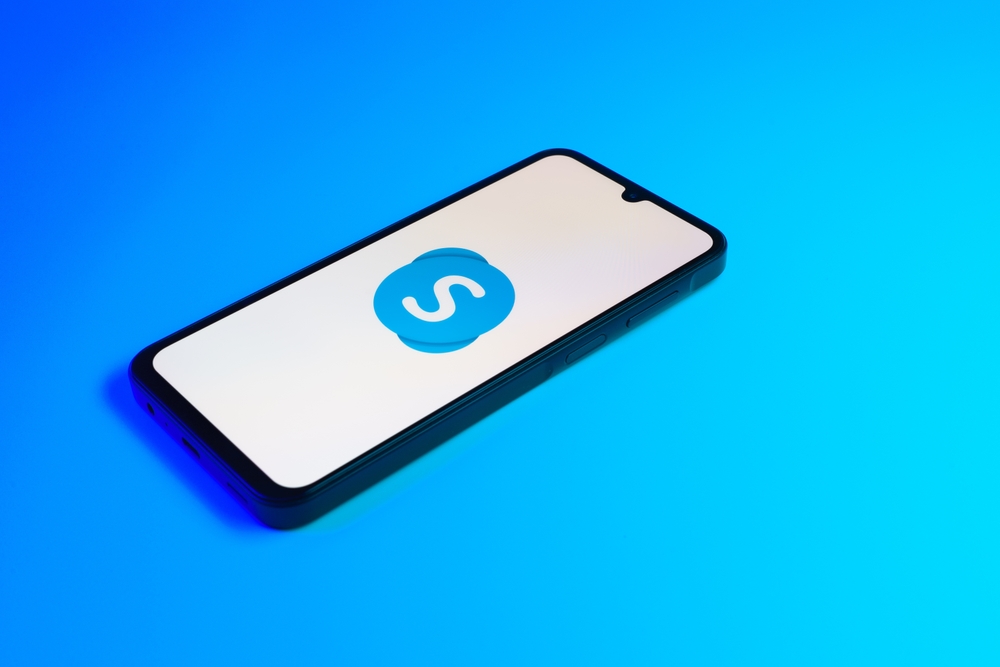Microsoft-owned Skype has banned top-ups and the use of phone numbers to make calls to regular phones. Instead, the platform is transitioning to a SaaS (Software as a Service) model, requiring customers to subscribe to monthly regional or global Skype-to-phone plans for a flat fee. This change, confirmed by a Microsoft spokesperson, will affect millions of users. According to Microsoft, 36 million people used Skype daily in 2023.
A Long Legacy in Internet Calling
Since its launch in 2003, Skype has been a pioneer in internet communication. It introduced free voice calls over the internet, bypassing traditional phone lines, and later expanded its offerings to include instant messaging, video calls, and file sharing. These features set a new standard for communication apps.

Skype’s business journey has been equally dynamic. Acquired by eBay in 2005 for $4.1 billion, it was sold to a private consortium for $2.75 billion in 2009. By 2010, Skype had 560 million registered users and filed for an IPO, despite only 6% of users paying for premium services. In 2011, Microsoft acquired Skype for $8.5 billion, solidifying its position in the tech landscape.
The service has always been free for Skype-to-Skype communication, with charges applying only to calls to mobile or landline numbers. Customers could also purchase local phone numbers for country-specific calls. However, Skype’s popularity has waned in recent years due to competition from platforms like WhatsApp and Zoom. Microsoft further shifted its focus to Teams, launched in 2016, which eventually replaced Skype for Business.
Impacts of the New Policy
While existing Skype numbers and credits will remain active for users who make at least one call every 180 days, new purchases of Skype Credit and Numbers have been permanently discontinued, adds NIX Solutions. Microsoft acknowledges ongoing issues with its interface, which may still display these options even though payment attempts fail. “We are working to make the necessary updates,” the company stated.
This policy shift is likely to impact tens of millions of users who relied on Skype’s phone functionality—a feature that few competitors provide. Forcing customers into fixed monthly subscriptions could push many to abandon the platform altogether. Yet, we’ll keep you updated on further developments as Skype adapts to these changes, potentially signaling the end of its life cycle as a standalone app.
